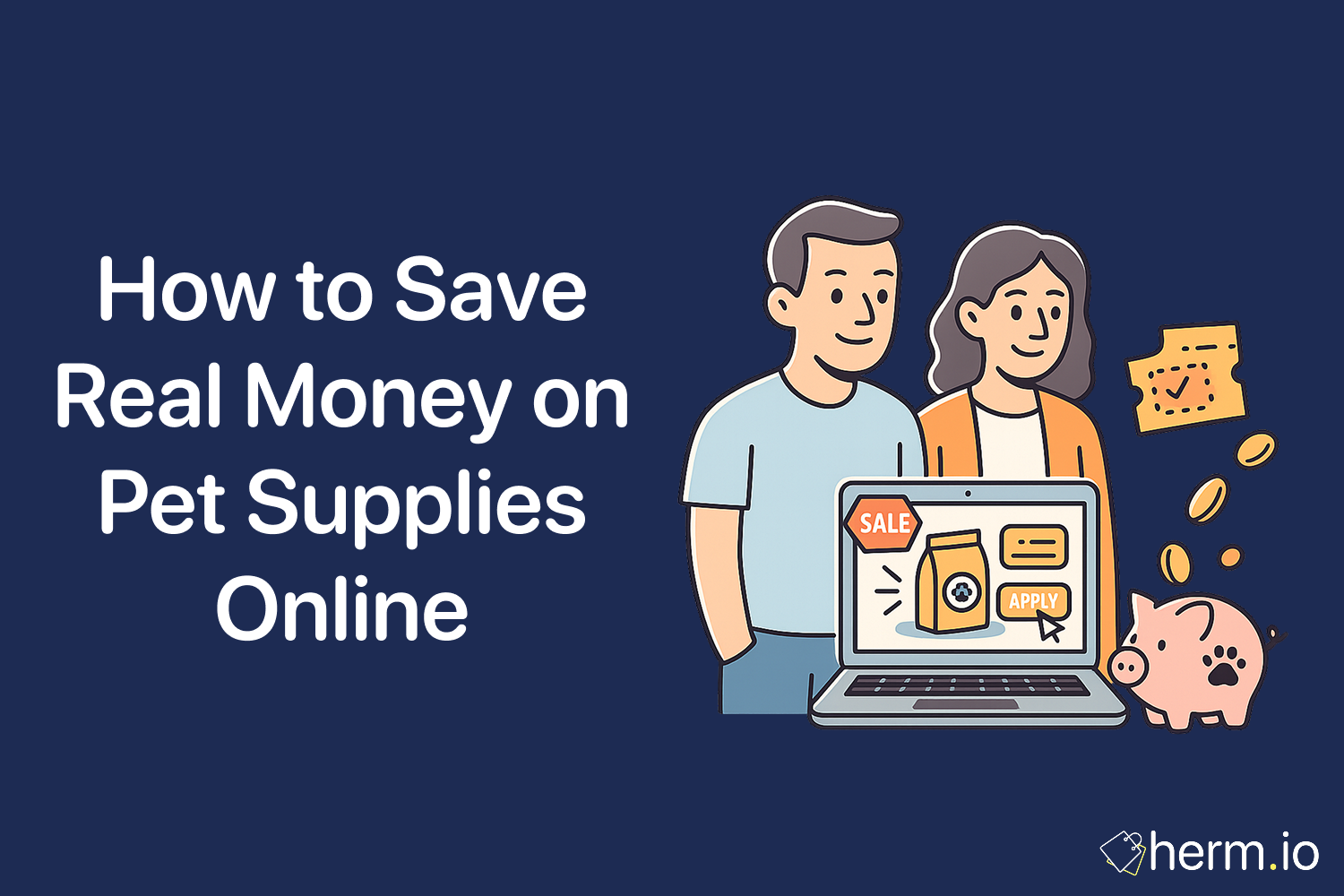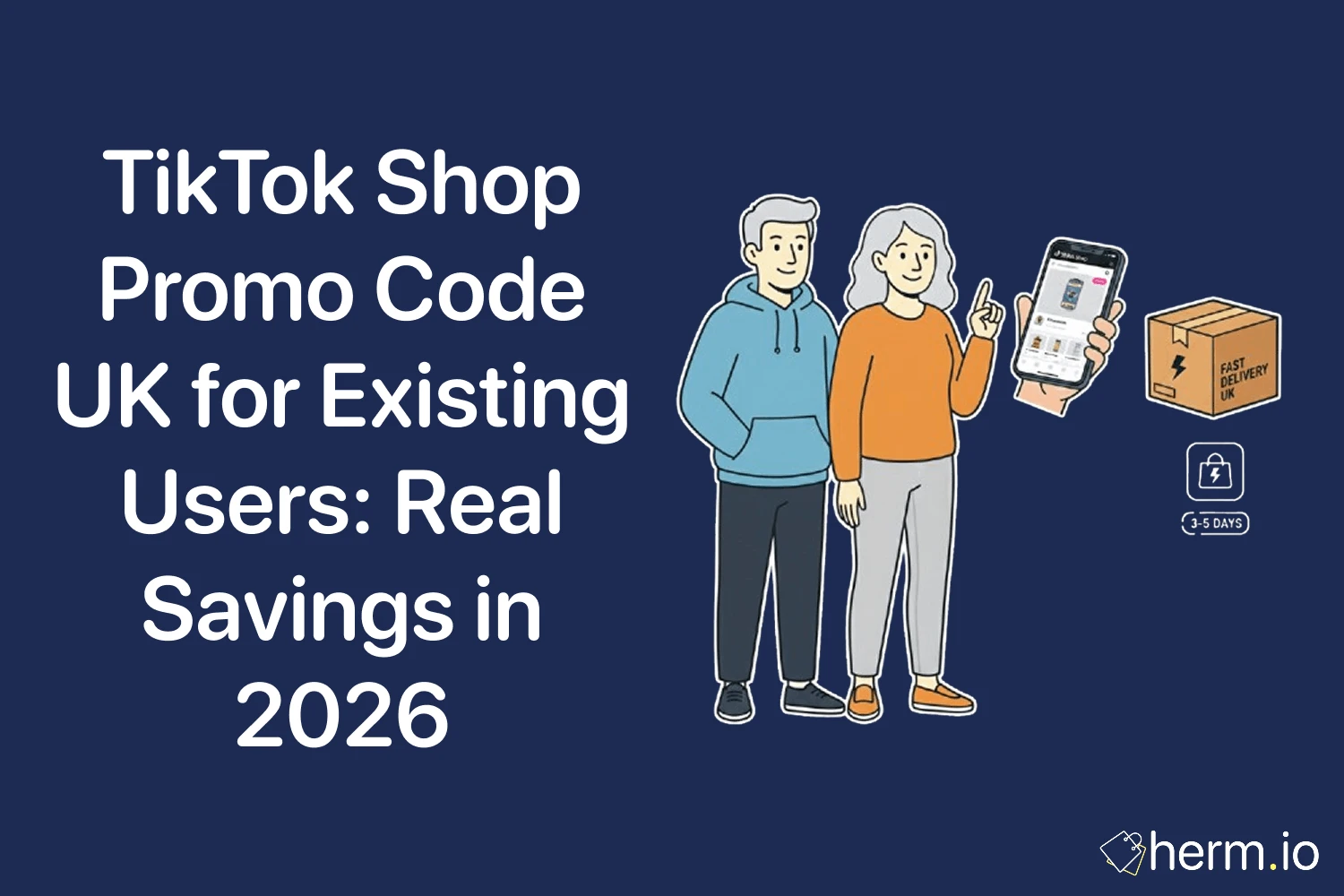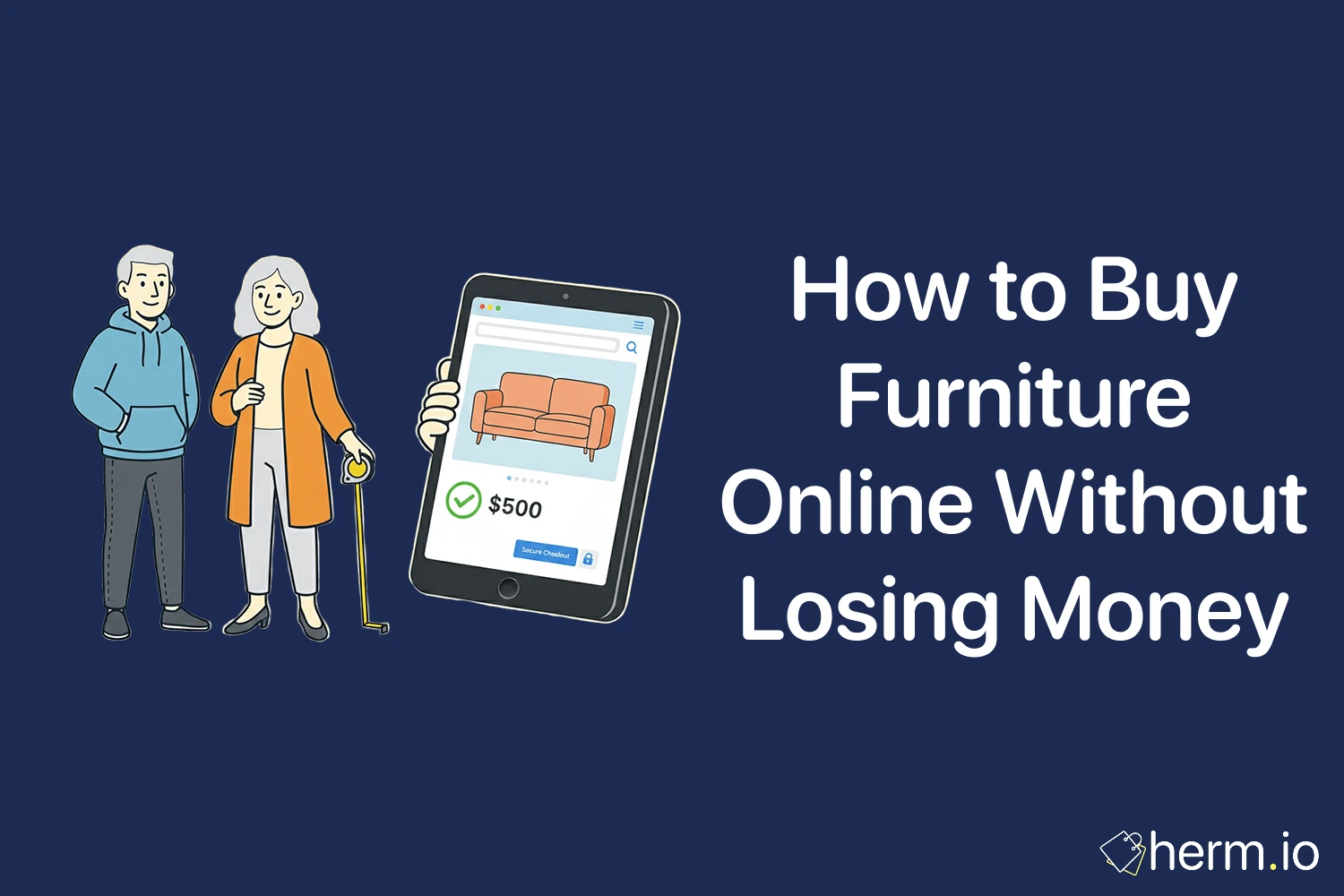
Pet owners across Europe know the struggle: your furry companion needs quality food, toys, and care products, but the bills keep climbing. Here's what actually works when shopping for pet supplies online. I've tested these methods extensively, and the results speak for themselves.
Quick Wins: Implement These Today to Start Saving Immediately
- Set up subscriptions for staples - Save 5-15% on regular items like food and litter
- Buy seasonal items off-season - Stock up on winter gear in March for 40-60% savings
- Stack cashback with retailer discounts - Combine store sales with Rakuten for double savings
- Check for bulk purchase thresholds - Many retailers offer significant discounts at £50+ orders
- Time purchases around pet-focused holidays - April and August see major flash sales
The Reality of Rising Pet Costs
Let's cut through the noise and focus on facts: pet supply costs have increased 15-20% over the past two years. Food prices, veterinary supplies, and even basic accessories cost more due to supply chain pressures and increased transport fees.
Here's what actually works: instead of cutting corners on quality, smart shoppers focus on timing and purchasing strategy. The goal isn't finding the cheapest products—it's getting quality items at the lowest possible prices.
Three Retailers That Consistently Deliver Results
Zooplus: The Bulk Buyer's Paradise
Zooplus dominates European pet e-commerce for good reason. Their loyalty programme converts every purchase into points worth roughly 2-3% back on future orders. More importantly, they run "Super Sales" quarterly that can save you 30-50% on premium brands.
The real winner here: their tiered shipping system. Orders over £39 ship free, and you can combine multiple pet needs in one purchase. I regularly save £15-20 per order just by timing purchases to hit this threshold.
Pets at Home: Click-and-Collect Champion
For UK and Irish shoppers, Pets at Home's omnichannel approach eliminates delivery fees entirely. Their VIP Club provides monthly freebies worth £5-10, plus exclusive member pricing on popular brands.
The results speak for themselves: members typically save 12-18% annually compared to non-members. The click-and-collect option means you avoid delivery charges while getting products within hours rather than days.
Miscota: The Specialist's Choice
Miscota excels with niche products and bulk orders. Their subscription programme offers deeper discounts than competitors—often 10-20% off regular pricing for automated deliveries.
If you own exotic pets or need specialty items, Miscota's pricing beats general retailers by significant margins. Their bulk discounts kick in at lower order values (£35 versus £50+ elsewhere), making them ideal for smaller households.
Bulk Buying: When It Works and When It Doesn't
Smart bulk purchases:
- Dry food with 12+ month shelf life
- Cat litter (doesn't expire)
- Dental chews and treats
- Seasonal items during clearance periods
Avoid bulk buying:
- Wet food (shorter shelf life)
- Prescription items (dosages may change)
- New products your pet hasn't tried
The maths here are straightforward: buying four bags of dry food instead of one typically saves 15-25% per unit. Store properly in airtight containers, and you'll maintain freshness while cutting costs significantly.
Subscription Services: The Set-and-Forget Savings Strategy
Most major retailers offer subscription discounts ranging from 5% (basic) to 15% (premium tiers). The key lies in selecting the right delivery frequency.
Here's what actually works: start with 6-week intervals for dry food and 4-week intervals for consumables like litter. You can always adjust timing, skip deliveries, or modify quantities without penalties.
Real example: a standard 15kg bag of premium dog food costs £65 as a one-off purchase. The same bag costs £55.25 with a subscription (15% discount) and ships automatically. Annual savings on this one item alone: £127.
Seasonal Shopping: Timing Your Purchases for Maximum Impact
April (National Pet Day): Focus on toys, accessories, and grooming supplies. Discounts typically range 20-40%.
August (International Cat Day): Cat-specific products see the deepest discounts. Stock up on litter, scratching posts, and cat food.
November (Singles Day/Black Friday): The biggest savings period. Premium brands rarely discount, but mid-tier quality products can be 50% off.
February/September (Clearance periods): Seasonal items like cooling mats (February) and winter coats (September) are heavily discounted to clear inventory.
Stacking Savings: The Triple-Play Method
The most effective approach combines three discount types:
- Retailer discount (coupon codes, sales)
- Payment method bonus (cashback credit cards, PayPal offers)
- Third-party cashback (Rakuten, TopCashback)
Real example: £100 pet food order with 10% store discount (£90), 3% cashback via Rakuten (£2.70 back), and 2% credit card cashback (£1.80 back). Total cost: £85.50 - a 14.5% total saving.
Quality Control: Avoiding Poor Private Label Products
Private label products save money, but quality varies dramatically. Here's what actually works for evaluation:
Check for AAFCO statements - This certification ensures nutritional adequacyRead ingredient lists carefully - Named protein sources should appear firstStart small - Try single bags before committing to bulk purchasesMonitor your pet's response - Digestive issues or rejection indicate poor quality
Premium brands occasionally offer better value during sales than private labels at regular pricing. Don't assume cheaper always means better savings.
Delivery Timing for Perishables
Express shipping costs 15-25% more but prevents spoilage for temperature-sensitive items. Calculate the replacement cost of spoiled products versus express fees.
Standard shipping works fine for dry goods and non-perishables. Most retailers use temperature-controlled warehouses that maintain product integrity for 3-5 day delivery windows.
Plan ahead during peak seasons - Summer heat and Christmas delays can affect delivery quality. Order perishables early in the week for better handling.
FAQ
Is buying online always cheaper than local pet shops?
Not always, but usually yes for routine purchases. Online retailers have lower overhead costs and can offer competitive pricing. Local shops excel for emergency purchases and specialist advice, but expect to pay 10-20% more for convenience.
How much should I realistically expect to save annually?
Most households save 15-25% on their annual pet supply costs using these methods. A family spending £800 yearly on pet supplies typically reduces costs to £600-680 through strategic shopping, subscriptions, and seasonal purchasing.
What's the biggest mistake people make with pet supply shopping?
Buying too frequently in small quantities. This approach maximises per-unit costs and misses bulk discounts. Plan purchases monthly rather than weekly, and combine multiple items to hit free shipping thresholds.
Are subscription services worth the commitment?
Yes, for items you purchase regularly. The 5-15% automatic discounts compound significantly over time. Most services allow easy modifications or cancellations, so the commitment isn't restrictive. The convenience factor alone justifies the approach for busy pet owners.

Élodie Claire Moreau
I'm an account management professional with 12+ years of experience in campaign strategy, creative direction, and marketing personalization. I partner with marketing teams across industries to deliver results-driven campaigns that connect brands with real people through clear, empathetic communication.

.png)

.webp)






.png)

.png)
.png)
.png)